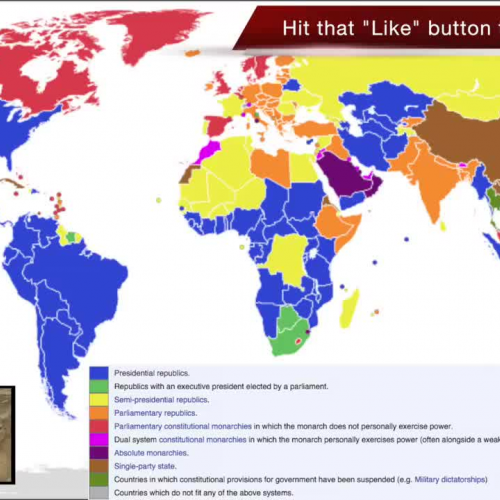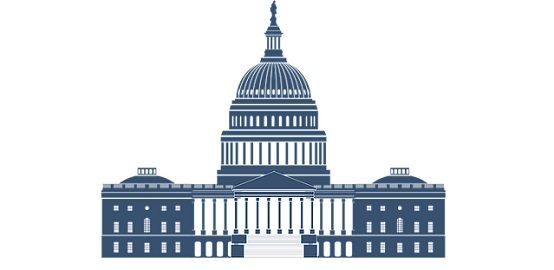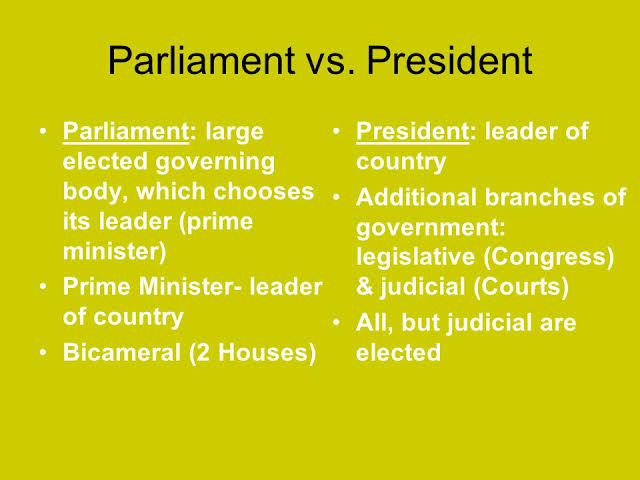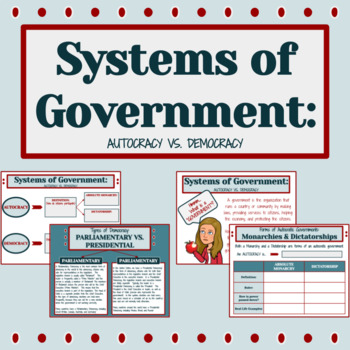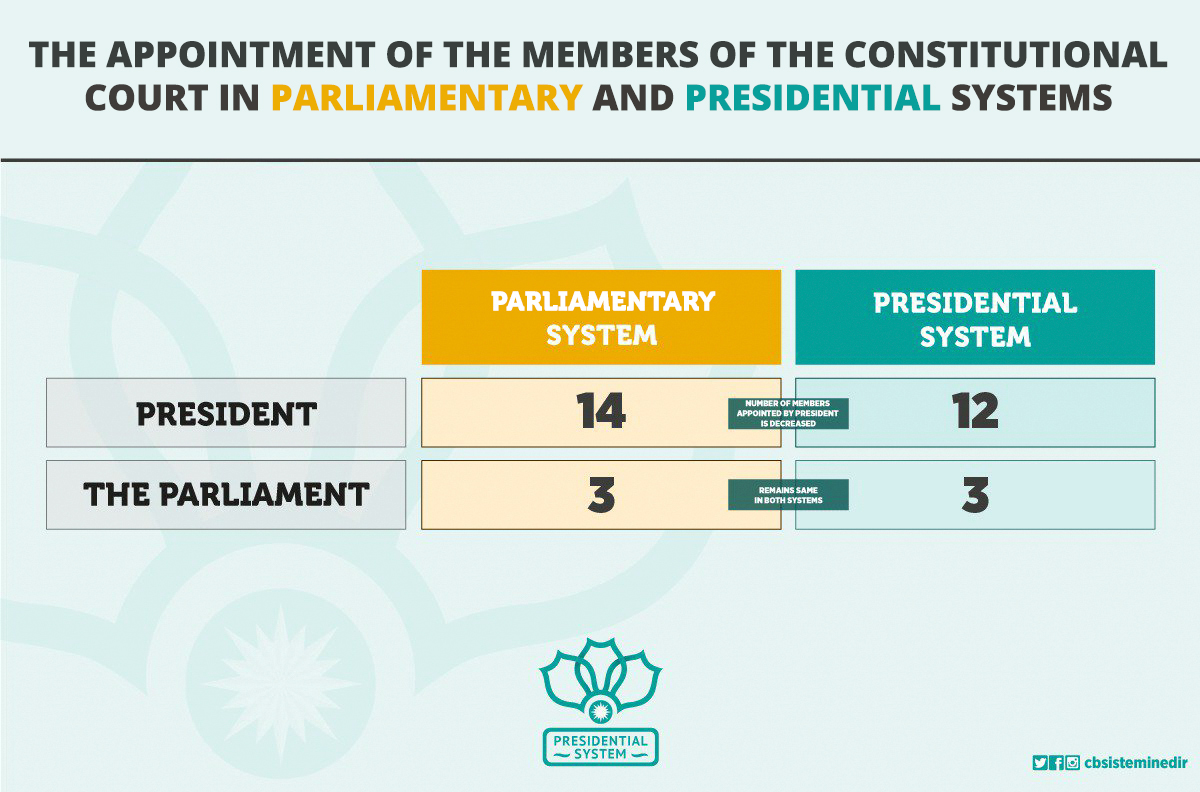There are two main forms of government: parliamentary and presidential. In a parliamentary system, the executive branch of government is responsible to the legislature, while in a presidential system, the executive branch is independent of the legislature. Both systems have their own unique features and benefits, and the choice of which system to adopt depends on a country's specific political, social, and cultural context.
In a parliamentary system, the head of government, usually referred to as the prime minister, is appointed by the legislature and is accountable to it. The prime minister is responsible for forming a government and for leading it, with the support of a cabinet of ministers. The legislature, which is usually composed of elected representatives, has the power to remove the prime minister and the government from office through a vote of no confidence.
One of the main advantages of a parliamentary system is that it allows for greater stability and predictability in government. Since the prime minister is chosen by the legislature, it is more likely that they will have the support of a majority of lawmakers and will be able to pass legislation and implement policies. This can lead to more effective governance and a greater ability to address the needs and concerns of the people.
A presidential system, on the other hand, is characterized by a separation of powers between the executive and legislative branches of government. The president, who is elected by the people, serves as the head of government and is responsible for implementing policies and overseeing the administration of the government. The legislature, which is also elected by the people, has the power to pass laws and to hold the president accountable through various checks and balances.
One of the main benefits of a presidential system is that it allows for a clear separation of powers and a system of checks and balances, which can help to prevent the abuse of power. It also gives the president a mandate to lead and to implement their vision for the country. However, a presidential system can also be less stable than a parliamentary system, as the president may not have the support of a majority in the legislature, leading to gridlock and a lack of progress on important issues.
In conclusion, both parliamentary and presidential systems have their own unique features and benefits, and the choice of which system to adopt depends on a country's specific political, social, and cultural context. It is important for any country to carefully consider the pros and cons of each system and to choose the one that best fits its needs and values.
